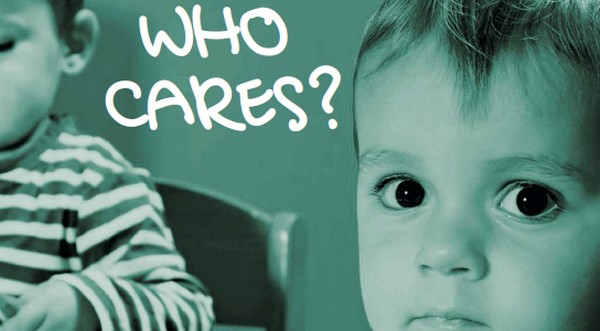Scientific report identifies health and behaviour risks for kids in care
 Stuff co.nz 20th March 2016
Stuff co.nz 20th March 2016
Family First Comment: The Brainwave Trust are saying the same things we said in our 2012 report.
A boom in daycare is seeing children spend up to 10,000 hours in care by the time they start school. A major childcare report shows increased risk of childhood respiratory illness, obesity, aggression and hyperactivity.
The new generation of babies placed in childcare face behavioural and health risks, says a major new scientific review.
It is a weighty blow in the contentious fight over whether parents should puts their kids in care – a debate that puts mums and dads on the instant defensive as they battle yet another dose of parental guilt.
The Brainwave Trust has produced the report to help parents navigate conflicting research and raise questions over whether the system is working against children.
Despite the Trust’s independent scientific credentials, the research has been embraced by family values lobbyists, and condemned by the childcare industry as “scaremongering”.
>> The review says kids who attend childcare are more likely to display: aggression, hyperactivity, disobedience and problems with attachments
>> Health risks include higher rates of: antibiotic use, respiratory illnesses and obesity.
Family values lobbyists Family First hailed the report.
Family First director Bob McCoskrie said everyone was scared to touch the topic for fear of being scalded. “No one wants to make parents feel bad, but parents deserve to make an informed choice.”
Childcare was too often thought about in terms of benefits to adults rather than the effect on children, he said.
“We’ve persuaded ourselves that professionals can look after our babies and toddlers and parents are far more benefit to society by working.
“It is a really dangerous message.”
RESEARCH FINDINGS
Children can benefit from early childhood education when:
* They are three or four years old
* They attend part-time
* The care is high-quality and stable
Children are more at risk at early childhood education when:
* Children are younger than three-years-old, particularly babies
* Increased time at childcare
* When the care is poor quality or unstable
What makes a quality childcare centre:
* Low teacher to child ratio. Experts say 1:3 or less is best for under-twos
* Fully qualified teachers
* A space to play and interact, but also an area for quiet time
* Warm, respectful and compassionate teachers
* Children not being left to cry
* Reasonable noise levels so a child isn’t overwhelmed
READ MORE: http://www.stuff.co.nz/national/education/78040727/Scientific-report-identifies-health-and-behaviour-risks-for-kids-in-care?cid=app-iPhone







